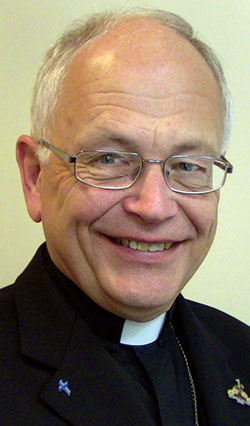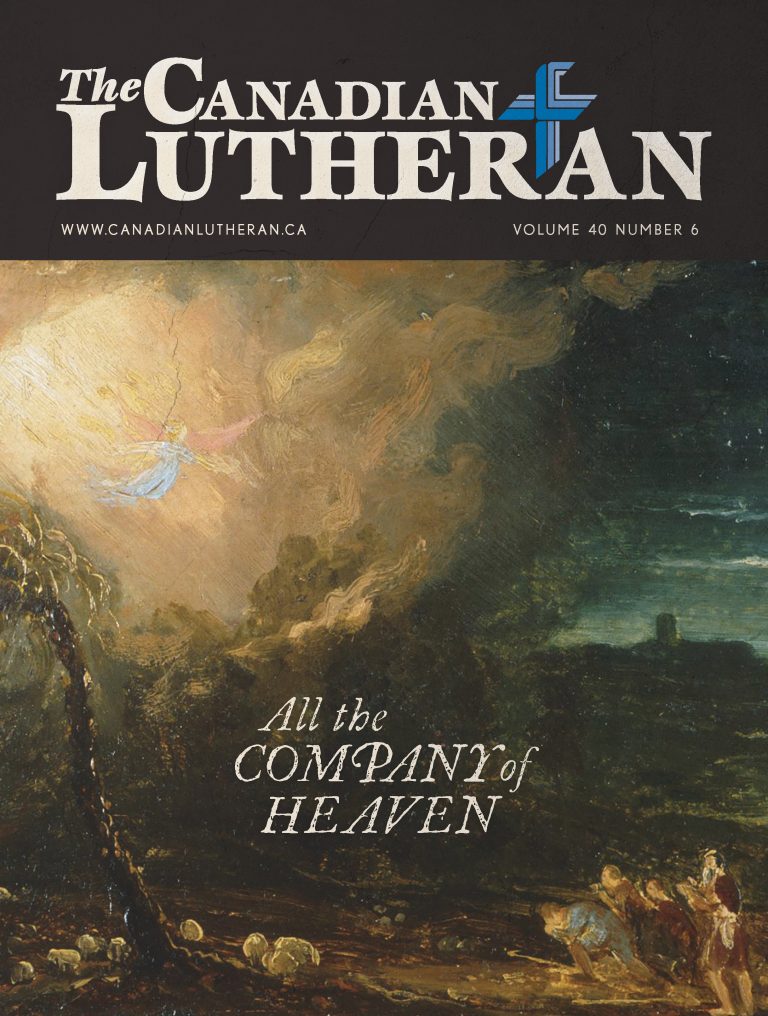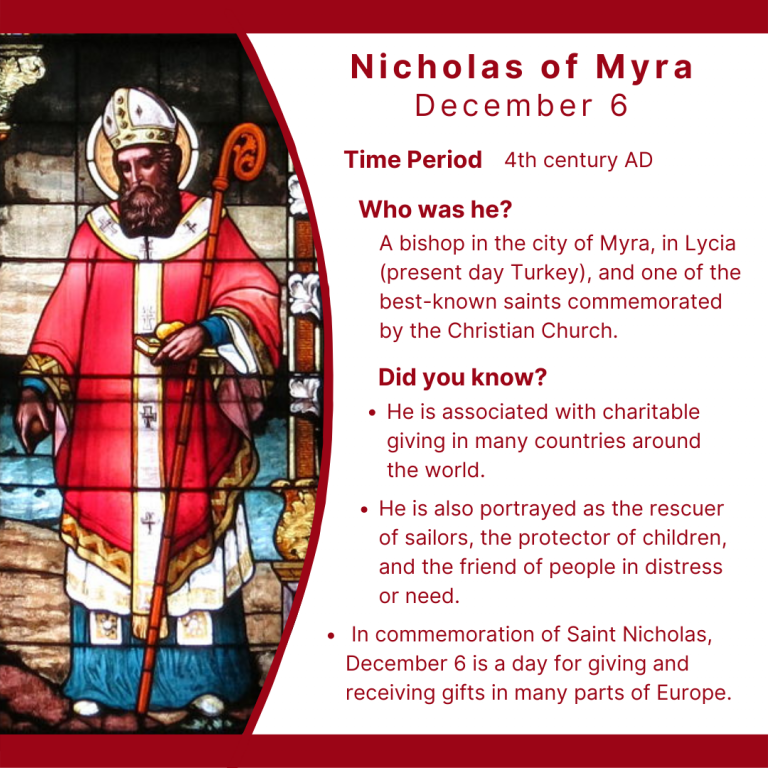In the aftermath

President Don Schiemann
by Don Schiemann
Natural disasters: on a global scale, they occur with considerable frequency. When they intersect with populated areas, they become human tragedies.
The Bible records numerous natural disasters. Genesis 7-9 tells of the great flood which covered the whole earth. Almost every civilization, ancient and modern, has an account of this terrible event. Referring to a different kind of disaster, the Book of Amos begins with these words: “The words of Amos, one of the shepherds of Tekoa—what he saw concerning Israel two years before the earthquake, when Uzziah was king of Judah and Jeroboam son of Jehoash was king of Israel” (Amos 1:1).
Within recent years we have seen many communities damaged and destroyed, resulting in terrible loss of life. There have been earthquakes (approximately 300,000 deaths in Haiti in 2010), tsunamis (approximately 230,000 deaths in Thailand and 13 other countries in 2004), hurricanes (the City of New Orleans was nearly destroyed in 2005), tornadoes (24 dead and many more injured in the Oklahoma City area May 20, 2013), forest fires (town of Slave Lake, Alberta nearly destroyed in 2012), volcanic eruptions (25,000 dead from Nevado Del Ruiz volcano in Columbia in 1985)—the list goes on.
Most recently and in our own back yard, many communities in and around Calgary were devastated by flooding. The town of High River with a population of 13,500 has all but been destroyed. The damage to property from the flooding in Southern Alberta and the subsequent recovery costs will be in the billions of dollars. While only four people have lost their lives—and how do you say “only” when anyone has lost his life?—this tragedy will continue to affect people for years to come.
In the midst of these disasters, invariably someone will say, “If there is a god, why does he allow these things to happen?” Countless books have been written attempting to address these questions. We can’t even begin to explore the complexities of these questions, let alone their answers, in a devotional article such as this.
There are, however, two things we should consider. First of all, to abandon God because there does not seem to be a satisfactory answer will not provide the answers one is looking for. Science can usually tell us the “how”, but it can never tell us the “why.” What comfort is it to a grieving widow or an orphaned child to be given the scientific explanation of how tectonic plates shift or how volcanoes erupt or how tornadoes develop?
Secondly, the greatest satisfaction is found at the cross. Not all of our questions are answered there; but at the cross we are assured of God’s love for us. It’s a love so great that He took all that is wrong in us and all that is wrong in the world and paid for it with His own holy, innocent death. By His suffering and death, He has conquered death on our behalf and we now have the promise of eternal life. Because of Christ, we too can agree with St. Paul: “For I consider that the present sufferings of this age are not worthy to be compared to the glory that shall be revealed in us” (Romans 8:18).
We are never promised all the answers to our “why” questions; nor are we promised immunity from terrible disasters. Instead, we are given the assurance that neither earthquakes nor floods, fires nor hurricanes, tornadoes nor tsunamis, volcanoes nor plagues, death nor life, angels nor demons, the present nor the future nor any powers, height nor depth, nor anything else in all creation will be able to separate us from the love of God which is in Christ Jesus our Lord (Romans 8:38-39).
———————
Rev. Don Schiemann is President of the Alberta-British Columbia District of Lutheran Church–Canada.



